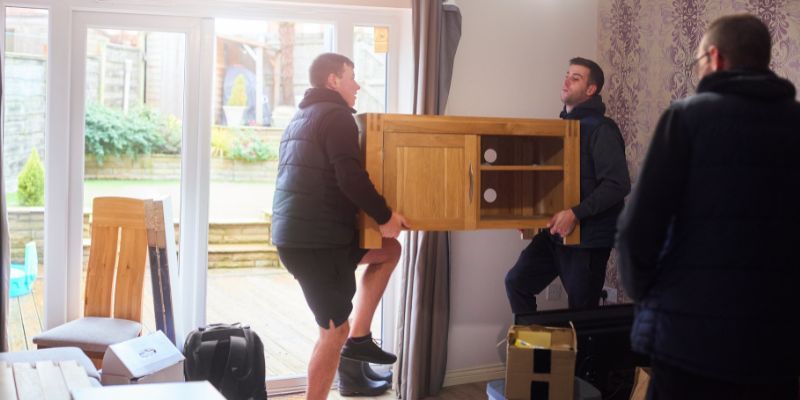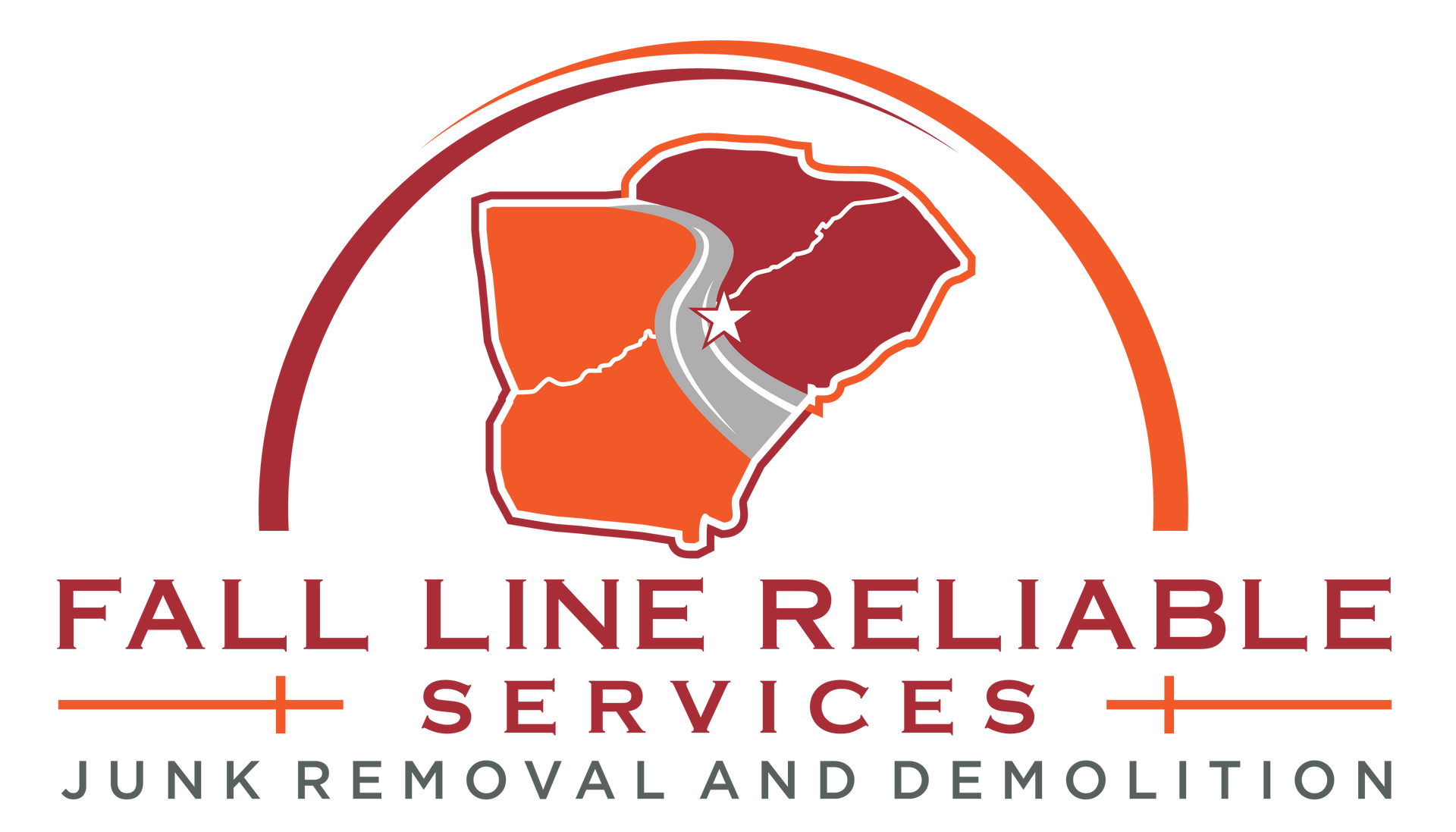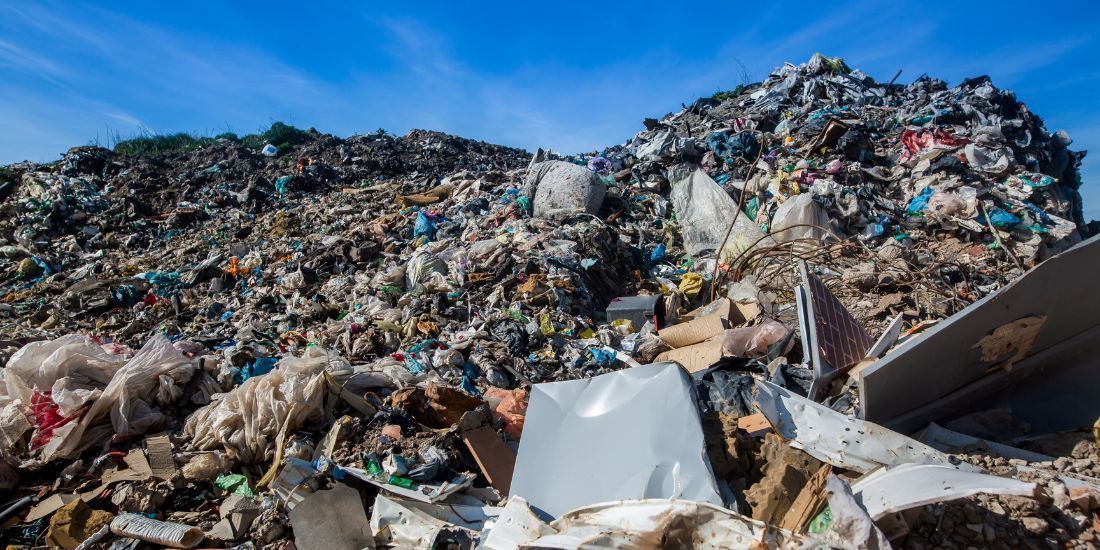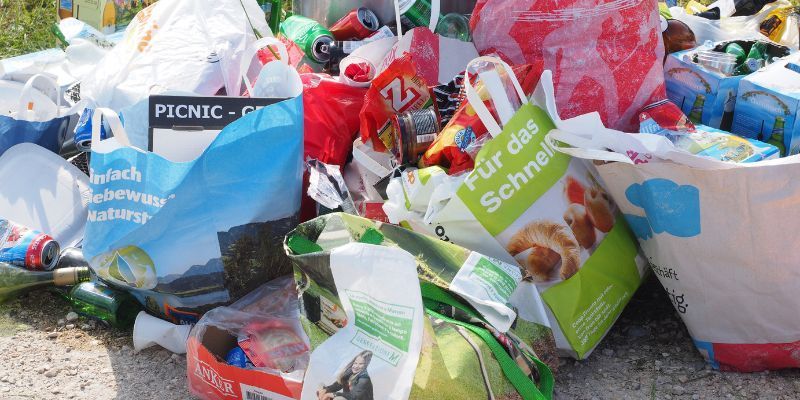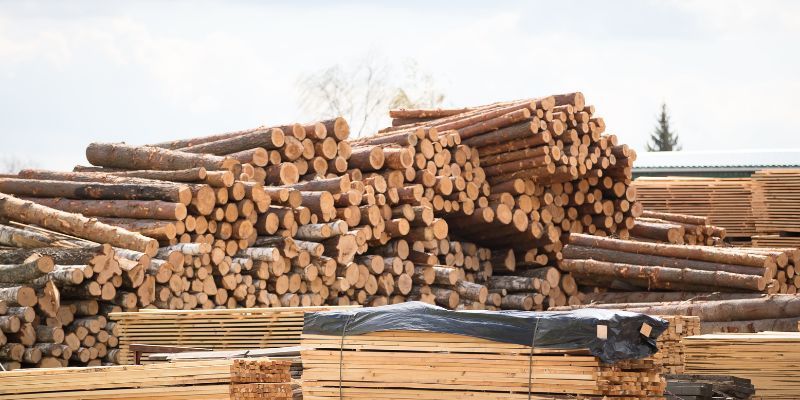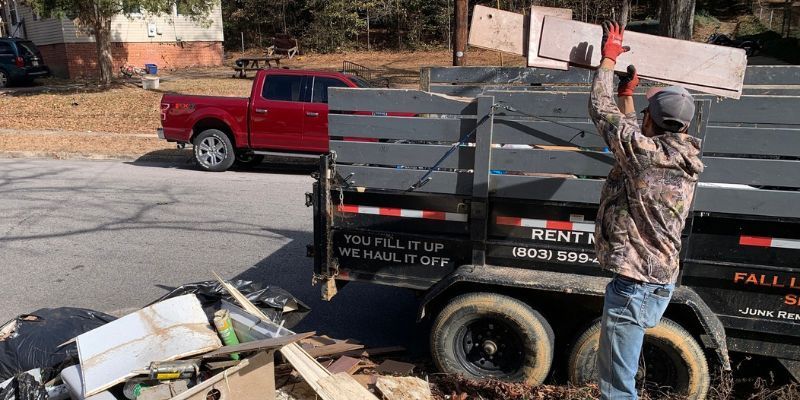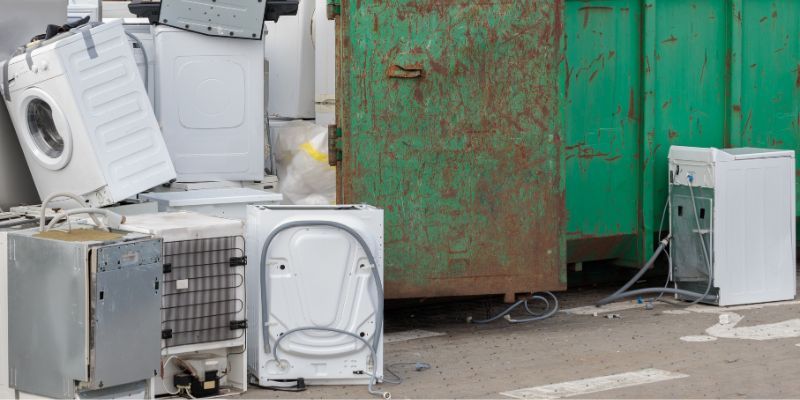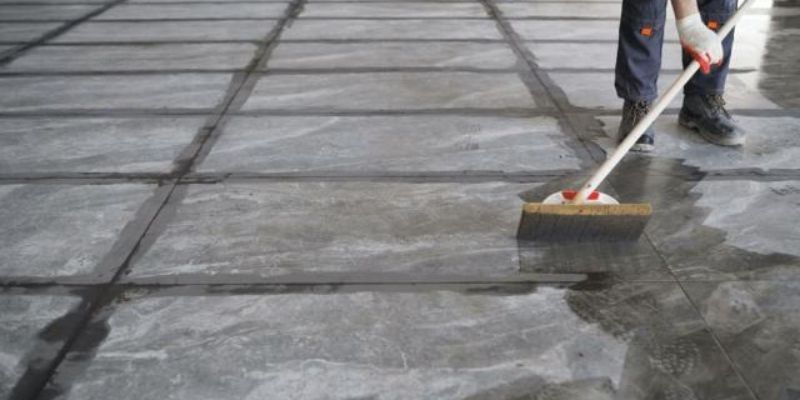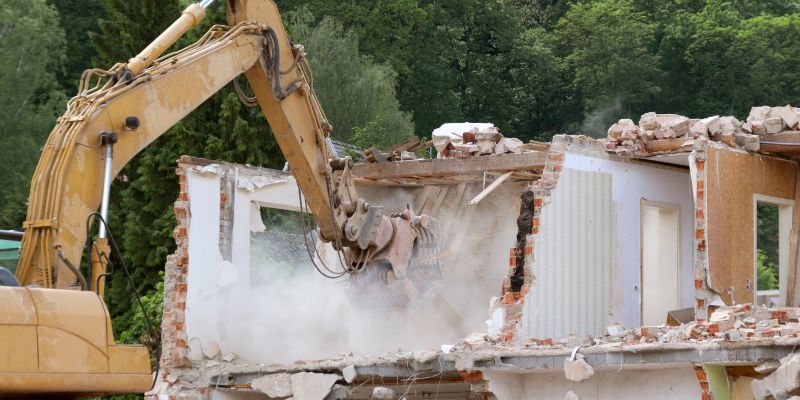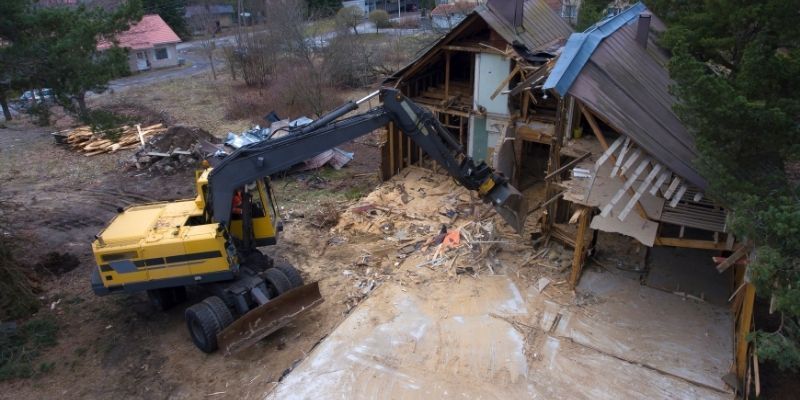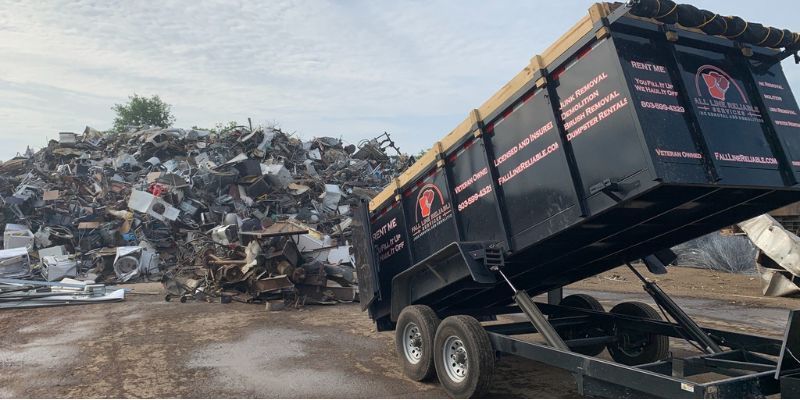Methods of Hazardous Waste Disposal: Opting the Right Way
Hazardous waste disposal is an important topic that affects both individuals and the environment. It refers to the proper handling, storage, and ultimate disposal of any materials or substances that have the potential to harm human health or the environment. These can include chemicals, batteries, electronic waste, and medical waste.
Improper household hazardous waste disposal can lead to serious consequences for both humans and the environment. When these materials are not disposed of properly, they can contaminate the air, soil, and water sources. This can hurt wildlife and vegetation in the surrounding areas.
What is Hazardous Waste?
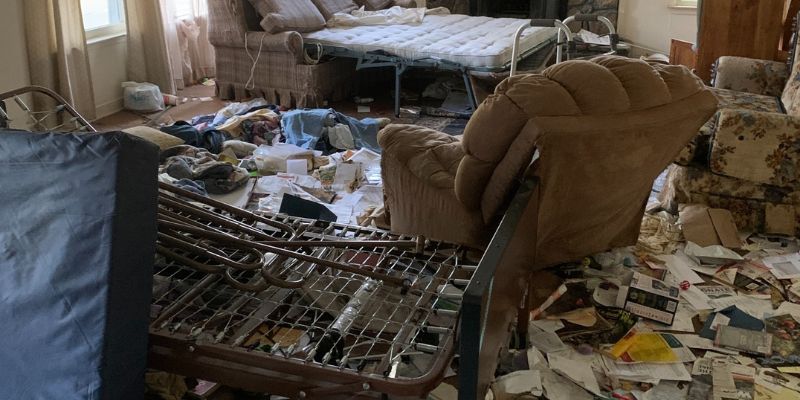
Hazardous waste can come in many forms and from various sources. It is typically categorized as either ignitable, corrosive, reactive, or toxic. Ignitable waste refers to materials that can easily catch fire, such as gasoline or oil-based products.
Corrosive waste includes substances that can corrode or dissolve other materials, like acids or batteries. Reactive waste is any material that can cause an explosion or release toxic fumes when exposed to certain conditions. Lastly, toxic waste consists of substances that are harmful or poisonous to living organisms.
What Does Hazardous Waste Include?
Hazardous waste can be found in everyday items we use, such as cleaning products, batteries, and electronics. Many industries also produce large amounts of hazardous waste including agriculture, manufacturing, healthcare, and construction. Common hazardous waste examples include
- pesticides,
- medical waste,
- oil-based paints,
- solvents,
- and asbestos
Why It Is Important To Dispose Of Hazardous Waste Properly?
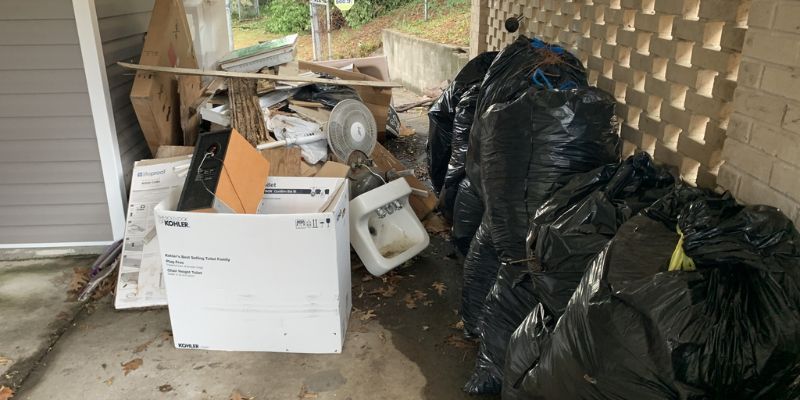
Improper handling and disposal of hazardous waste can have severe consequences on the environment and human health. When these substances are not disposed of properly or end up in landfills or bodies of water, they can contaminate the air we breathe and the soil we rely on for food production.
They can also seep into our water sources, posing a threat to both aquatic life and our drinking water supply.
Exposure to hazardous waste can also have serious health effects on individuals. These substances can cause acute and chronic illnesses, damage our nervous and respiratory systems, and even lead to cancer.
How to properly dispose of hazardous waste?
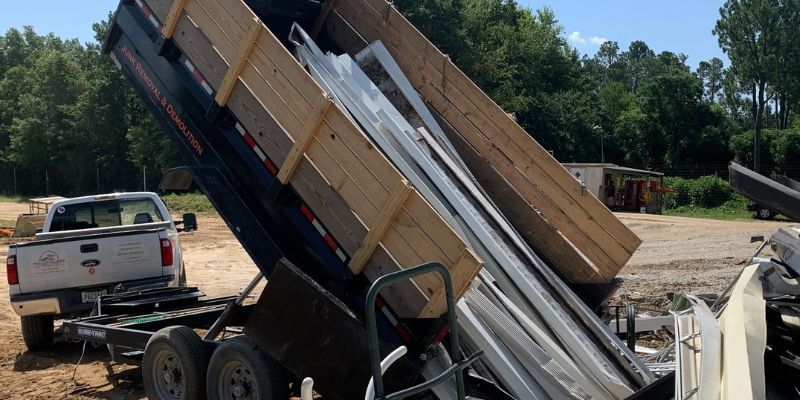
Local Hazardous Waste Collection Programs
Many municipalities offer hazardous waste collection programs that allow residents to bring hazardous materials for safe disposal. These programs typically accept items like paints, batteries, electronics, and household chemicals. They ensure old appliances are handled and disposed of in a way that minimizes environmental impact, often by recycling components or neutralizing harmful substances before disposal.
Household Hazardous Waste (HHW) Facilities
HHW facilities are dedicated centers where individuals can drop off hazardous waste. These facilities are equipped to sort, treat, and properly dispose of various types of hazardous materials. By using an HHW facility, you're ensuring that hazardous waste is processed by professionals who follow strict safety and environmental protocols, significantly reducing the risk of contamination.
Mail-Back Services
Some manufacturers and organizations offer mail-back services for their products, including electronics, compact fluorescent bulbs, and batteries. These services typically involve sending the hazardous material back to the company in specially provided packaging. This is a convenient option for disposing of items that contain hazardous components, as it ensures they are recycled or disposed of safely by experts.
Professional Junk Removal Services
Hiring a professional junk removal service that specializes in hazardous waste can be an efficient and safe way to dispose of larger quantities of hazardous materials. These services are equipped to handle a wide range of hazardous wastes, from chemical solvents to electronic waste.
They come directly to your location, collect the hazardous materials, and ensure they are disposed of in compliance with local regulations and environmental standards. This option is particularly useful for businesses or individuals with large amounts of hazardous waste that require professional handling.
Retail Drop-Off Locations
Some retailers offer drop-off programs for specific types of hazardous waste, such as batteries, light bulbs, and electronics. These programs are a convenient way for consumers to ensure their hazardous waste is recycled or disposed of properly.
Retailers often partner with recycling and waste management companies to ensure that the waste collected is processed responsibly, reducing the environmental footprint of these products.
What is the Best Disposal Method for Hazardous Waste?
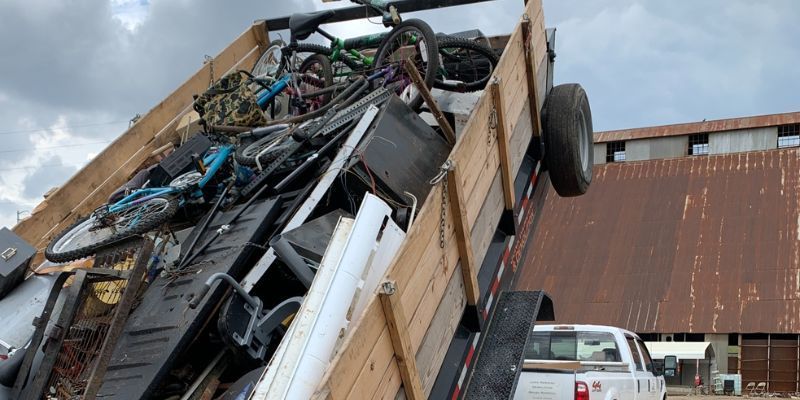
From the perspective of hazardous waste management services, the best disposal method for hazardous waste is through specialized hazardous waste treatment and disposal facilities.
These facilities are equipped with the technology and expertise required to handle a wide range of hazardous materials safely and efficiently. They employ various treatment processes, such as chemical neutralization, incineration, and stabilization, to render hazardous waste harmless or reduce its volume before disposal. Moreover, these facilities operate under strict regulatory compliance, ensuring that all hazardous waste is treated and disposed of in a manner that minimizes environmental impact and protects public health.
This comprehensive approach not only ensures the safe handling of hazardous materials but also supports recycling and recovery efforts where possible, contributing to a more sustainable and environmentally friendly
waste management solution.
Conclusion
Proper hazardous waste disposal is a crucial aspect of environmental responsibility and safety. Understanding the importance of disposing of hazardous materials correctly can prevent harm to both people and the environment, ensuring a cleaner and healthier future for all.
For assistance with professional junk hauling, recycling services, and even demolition needs, consider reaching out to
Fall Line Reliable Services at
803-599-4329. Their expertise in handling hazardous waste and providing eco-friendly solutions can contribute to a sustainable approach to waste management, promoting a safer and cleaner community for everyone.
